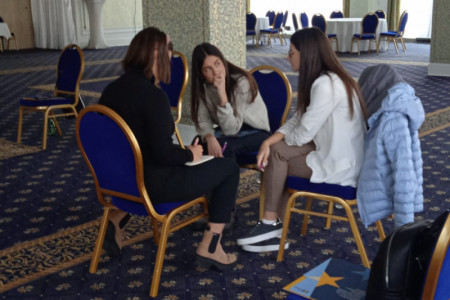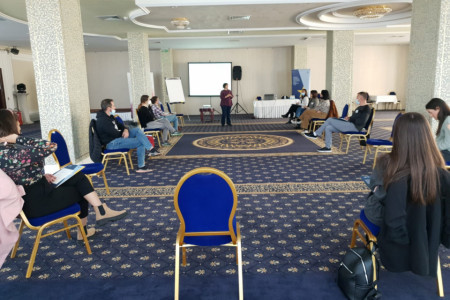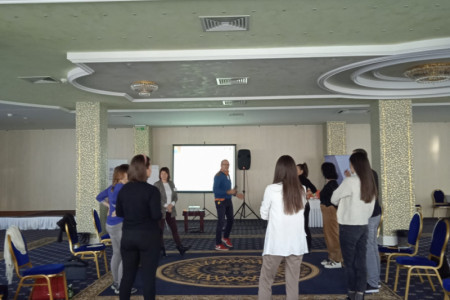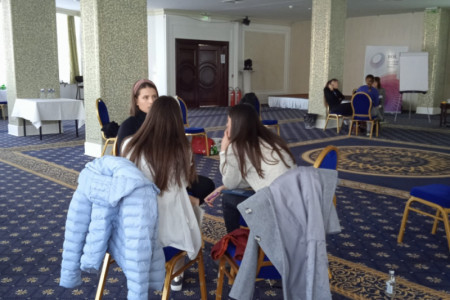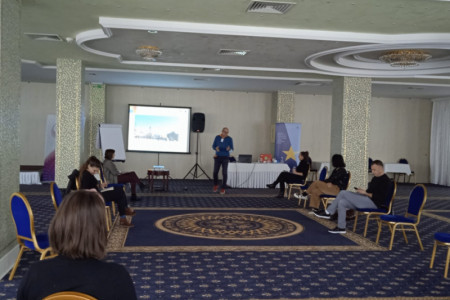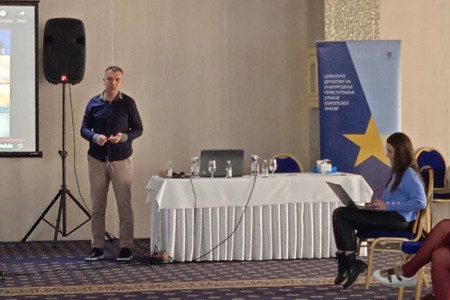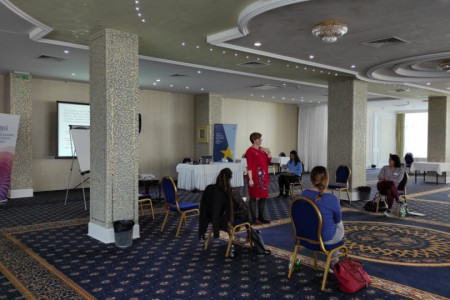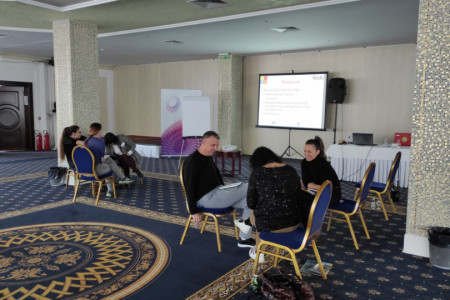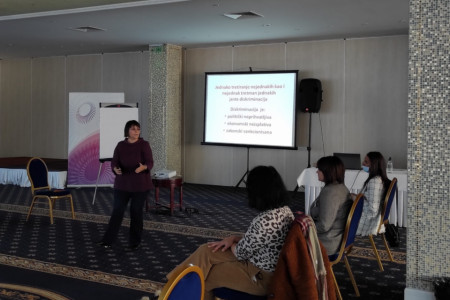The Gender Equality Index in Serbia for 2021 shows that Serbia has made progress in this area. According to the Coordination Body for Gender Equality, in comparison to 2014, when the first Index on Gender Equality was published, Serbia has improved its result by 5.6 points. Although this Index shows acceptable results and provides significant information on the position of women, Serbia is still far away from a society that can be considered gender equal.
Gender equality is regulated both locally and internationally by various documents that should make society equal, and eliminate existing gender gaps. Chapter 23 represents one of the most important frameworks for promoting gender equality. Aligning with what the chapter implies would mean that women and men are paid equally, that they have access to the same resources, and that there is no any kind of discrimination.
There are numerous tools for CSOs to use in order to implement and intregrate a gender perspective into their field of activity. Gender mainstreaming refers to the activities that need to be undertaken to make a certain area gender equal. Gender analysis, gender budgeting, representativeness and commitment to society to bridge the gender gap are methods available to civil society organizations, but also to public authorities. By making society aware that 10 percent of our country's GDP is unpaid women's work, with suggestions and solutions on how to bridge that gap, we would enable all citizens to live in a society that recognizes them as equally important members of the community.
Another tool in the fight for gender equality, which we can use to stress out the importance of recognizing women so that they are visible in all spheres, is a gender-sensitive language. By using gender sensitive language in Serbia, we break gender stereotypes and highlight that women are present in all areas, even when the learned linguistic terms show us differently.
We discussed the importance of gender equality at the training "Strengthening CSOs capacities for the improving of gender equality", organized by the Belgrade Open School within the project "Civil Society as a Force for a Change in the Serbia's EU Accession Process", which is implemented with the help of the Kingdom of Sweden.
The training was held in Šabac, October 27-29, during which representatives of ten partner civil society organizations and the media, had the opportunity to improve their knowledge, as well as skills on gender equality, and come up with the ideas how to implement a gender perspective in their projects.

